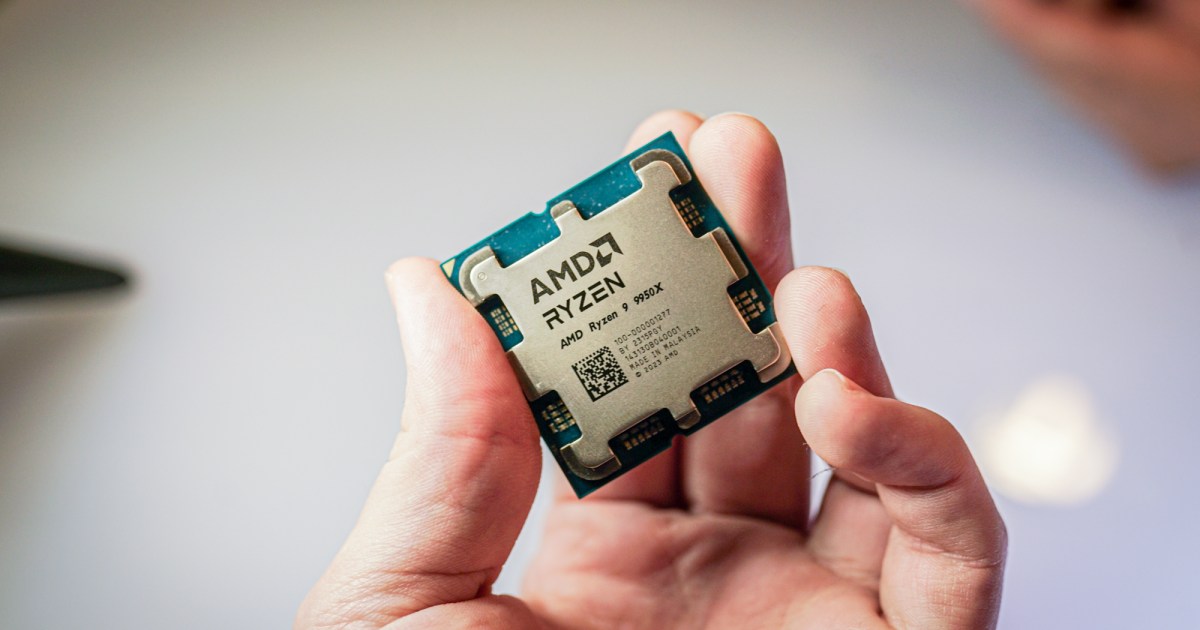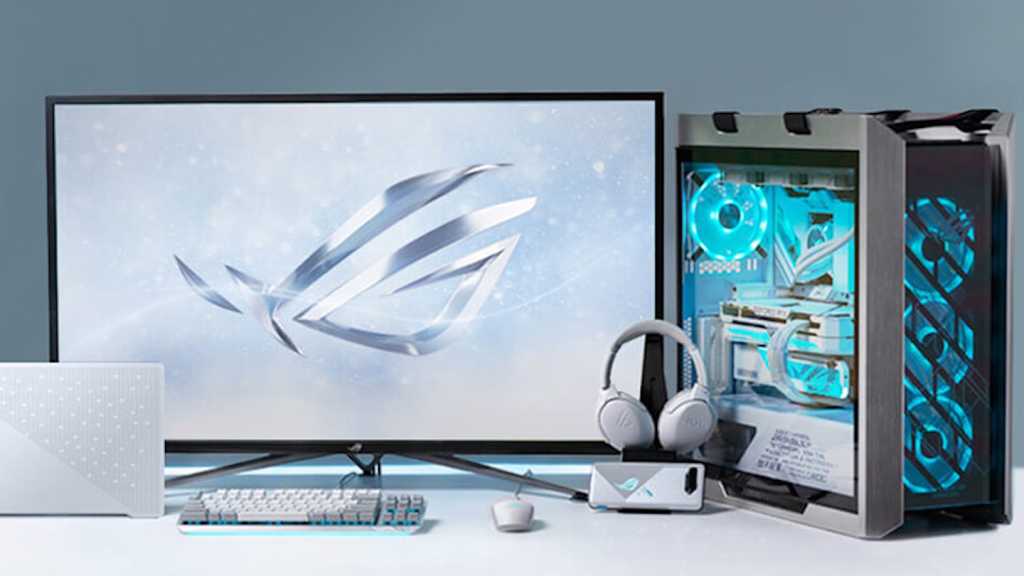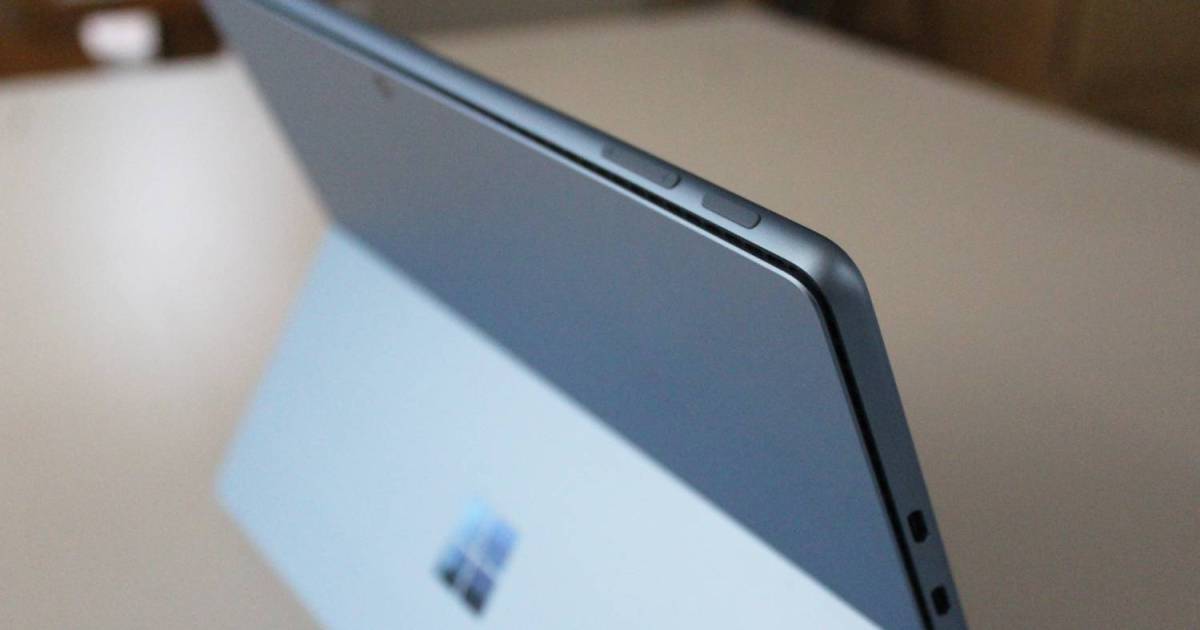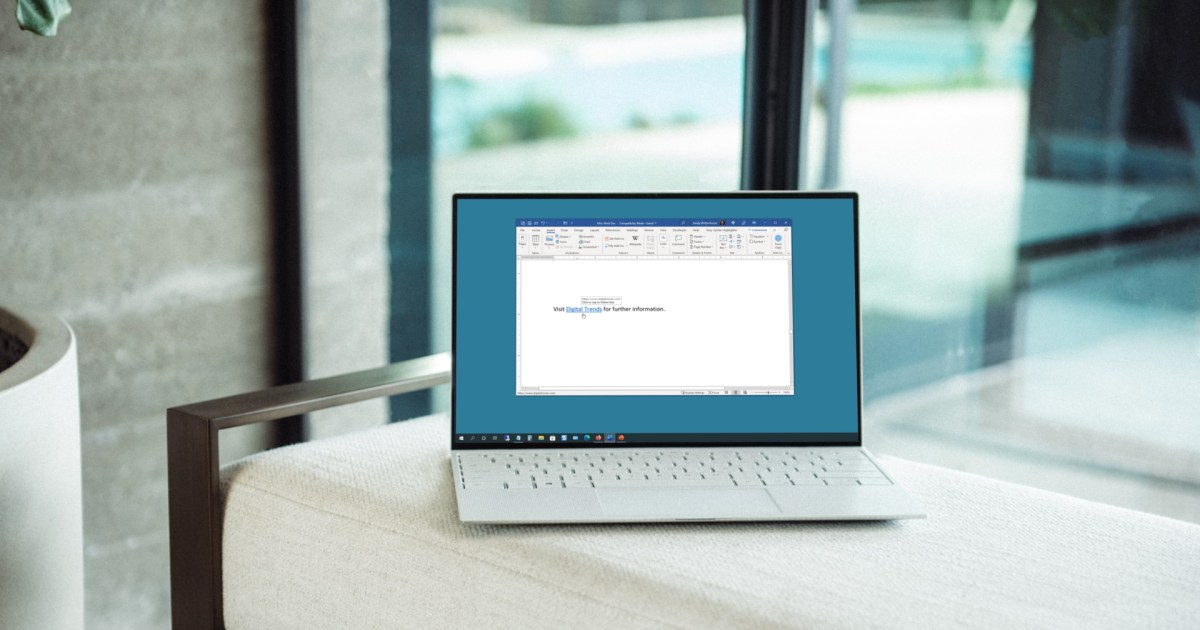A powerful processor is essential for any functioning PC. Without the CPU, your computer simply won’t work. This makes CPU failure a significant issue. Fortunately, there are usually clear warning signs. But how long can you expect your CPU to perform before it needs replacing?
Most CPUs have a long lifespan, but exceptions exist. This article explores the typical lifespan of a CPU and provides tips on maximizing its longevity.
CPU Lifespan: Factors and Considerations
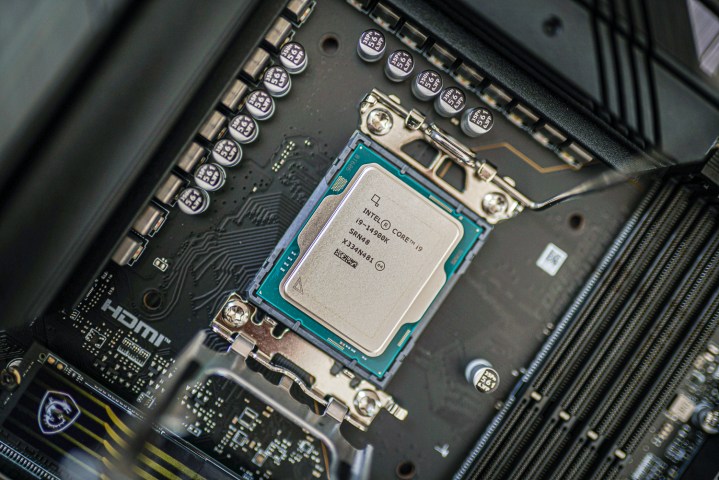 Intel CPUImage: Jacob Roach / MaagX
Intel CPUImage: Jacob Roach / MaagX
With proper care, a CPU can easily last 8-12 years. Many CPUs never completely fail, but this isn’t a guarantee. Even with meticulous maintenance, premature failure can occur due to hardware or software issues. Pushing your CPU too hard can also shorten its lifespan.
Unlike hard drives or coolers, CPUs lack moving parts. Theoretically, they should remain functional for a long time with proper installation. However, basic maintenance is crucial, and certain usage patterns can strain a CPU. This makes estimating the precise lifespan of a consumer processor challenging.
Mean Time To Failure (MTTF) is a metric used to estimate a component’s average lifespan before failure. This metric is also used for SSDs, which are known for their longevity, though potentially less so than CPUs. Unfortunately, Intel and AMD rarely disclose MTTF estimates for their consumer CPUs. A 2006 study from the University of Illinois suggested a 20-year MTTF target by chip manufacturers, but this data is outdated. MTTF is more commonly applied to enterprise and server-grade CPUs.
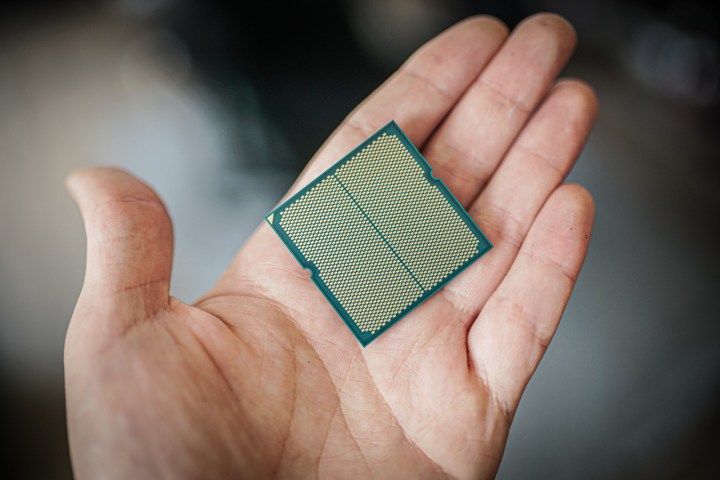 CPU pads on the AMD Ryzen 7 9700X.Image: Jacob Roach / MaagX
CPU pads on the AMD Ryzen 7 9700X.Image: Jacob Roach / MaagX
While most CPUs outlast their relevance in terms of performance, they do degrade over time. Similar to graphics cards, technological advancements often necessitate upgrades every few generations. Upgrading a CPU usually requires a new motherboard.
Not all CPUs live up to their expected lifespan. Recent issues with Intel’s 13th and 14th-gen CPUs demonstrate this. Some of these chips exhibit instability in games due to potential microcode problems. These failures are not age-related but stem from inherent flaws. Undervolting can sometimes mitigate these issues.
Some CPUs are faulty from the start and might fail within months. After this initial period, the likelihood of failure decreases significantly. Both AMD and Intel offer three-year limited warranties.
Factors Affecting CPU Longevity
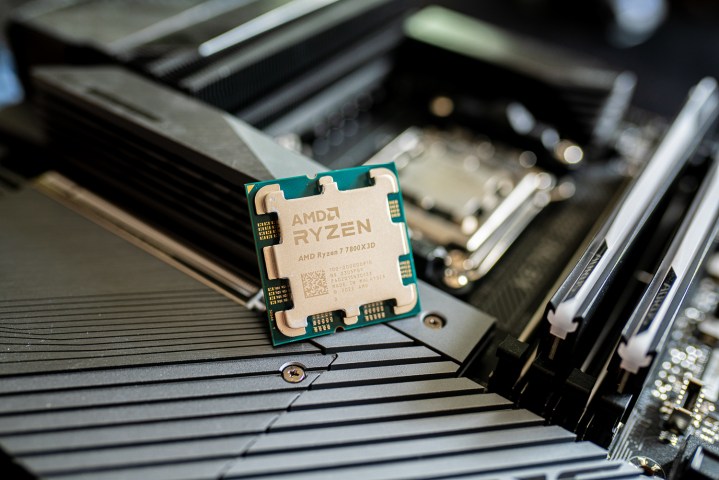 AMD Ryzen 7 7800X3D on a motherboard.Image: Jacob Roach / MaagX
AMD Ryzen 7 7800X3D on a motherboard.Image: Jacob Roach / MaagX
Modern consumer CPUs, particularly high-end models, are robust. Bent pins during installation are less common, CPUs handle higher temperatures better, and chips are designed for demanding workloads over extended periods. However, user practices also impact CPU lifespan.
Three key factors influencing CPU longevity include:
Temperature Management
CPUs can tolerate high temperatures, but excessive heat is detrimental. Frequent overheating gradually damages the CPU, shortening its lifespan. The ideal temperature range varies depending on the CPU and manufacturer. AMD CPUs tend to run hotter than Intel CPUs.
Prevent thermal stress by using a suitable cooler. High-end CPUs often benefit from liquid cooling solutions. Ensure adequate case airflow with well-planned intake and exhaust routes. Monitor CPU temperatures during gaming and intensive tasks to prevent overheating.
Voltage and Overclocking
Overclocking increases clock speed for enhanced performance. Safe overclocking is generally acceptable, with tools provided by AMD and Intel. These tools impose limits to prevent excessive pushing. Overvolting, increasing voltage to support higher clock speeds, often accompanies overclocking.
While theoretically safe, overclocking and overvolting can strain the CPU, potentially reducing its lifespan and voiding the warranty.
Regular Maintenance
Routine PC maintenance is essential. For CPUs, temperature control is paramount. Regularly clean the inside of your computer, including reapplying thermal paste.
Recognizing CPU Failure
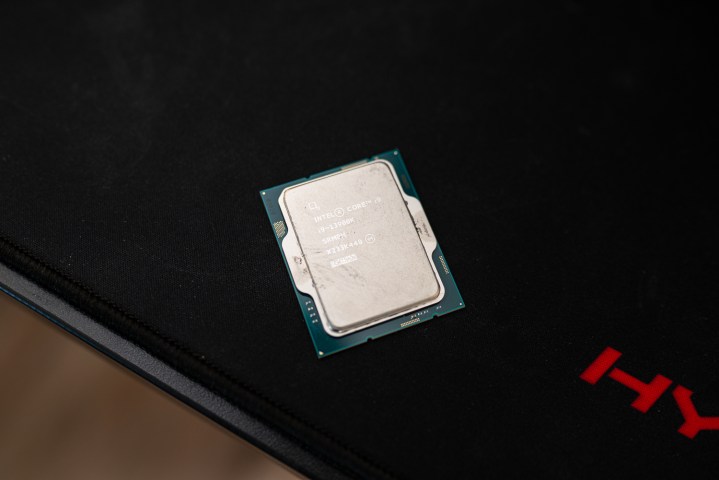 Intel Core i9-13900K on a mousepad.Image: Jacob Roach / MaagX
Intel Core i9-13900K on a mousepad.Image: Jacob Roach / MaagX
CPU failure can manifest in various ways, ranging from minor inconveniences to complete system crashes.
Common signs of CPU failure include:
- System freezes
- Crashes during demanding tasks or even on the desktop
- Blue Screen of Death (BSOD) errors
- Overheating and thermal throttling
- Thermal shutdowns due to excessive heat
- Sluggish performance and frame rate drops
- Stuttering during tasks or gameplay
- Failure to boot
- No Power-On Self-Test (POST)
- Beeping sounds from the motherboard
- Data corruption
These symptoms can also indicate issues with other components. Thorough troubleshooting is essential to isolate the problem.



